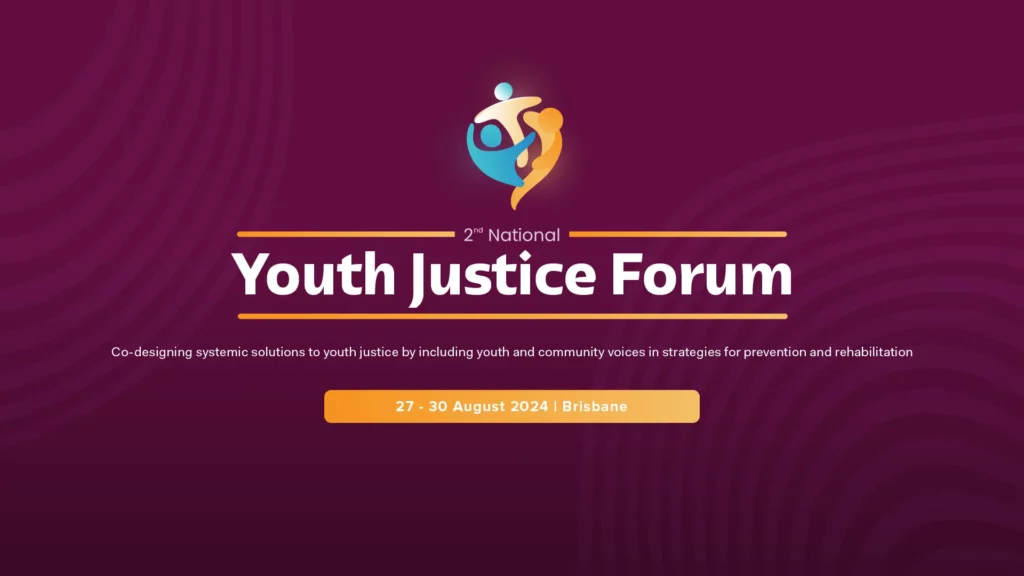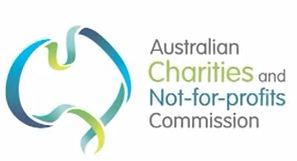Australian Charities and Not-for-profits Commission (ACNC) Commissioner, Susan Pascoe AM spoke about the importance of the report’s findings, including the international activities that Australian registered charities undertake.
Pascoe said the Curtin Report revealed 17 per cent of registered charities are involved overseas – directly operating in another country, or by helping people outside Australia.
“Australian charities make a great contribution in the areas of humanitarian and disaster relief, as well as in education, faith and international development,” says Pascoe.
“Charities operate in more than 100 countries. In 2013, outside of Australia, Australian charities were most involved in India, the Philippines, New Zealand, Papua New Guinea and Indonesia.
“Charities were also operating in areas of conflict such as Syria and Iraq. The war in Syria has caused terrible human suffering with over three million refugees.
“We know from our own work and that of all the other international charity regulators that we need to reduce the risk of misuse of funds sent overseas, including through charities.
“In a recent speech, William Shawcross, Chair of the Charity Commission of England and Wales said it is the role of a charity regulator to ensure that charities operating in high risk regions are fully aware of their duties and responsibilities. He also said that protecting charities from terrorist penetration is a vital element of a charity commission’s role.
“The ACNC takes our oversight role as the national charity regulator extremely seriously. The ACNC works with the Australian Federal Police and other intelligence and enforcement agencies to share intelligence and referrals on these issues.
“Australian Transaction Reports and Transactional Centre (AUSTRAC) have stated that charities working overseas are especially vulnerable to exploitation by terrorist supporters. AUSTRAC observes that money raised legitimately to help people suffering in conflict zones can be commingled with funds raised specifically to finance terrorism.
“The ACNC acknowledges that the vast majority of charities working or sending money overseas do so for legitimate purposes and have strong procedures in place.
“It is vitally important that the public do not become fearful about donating to established charities, as in many parts of the world the need has never been greater.
“Our advice is to only send money to trusted family and friends or to reputable humanitarian organisations. Always research humanitarian organisations and other potential recipients before sending your money. If the humanitarian organisation is a charity, we recommend that you always check the ACNC register and find out where the funds will go and how they will be used,” says Pascoe.
The ACNC has published information on its website to support overseas giving and explain how charities can mitigate the risk of terrorist financing.
Charities can also ensure overseas donations are not being misused through the ACNC’s oversight of charity compliance with good governance standards. The Governance Standards play a role in improving the governance of all registered charities.
Additionally, the ACNC have partnered with the Australian Council for International Development (ACFID), which is the peak council for Australian not-for-profit and development organisations, to make complying with the ACNC governance standards easier for these organisations (97 per cent of ACFID members are also registered charities with the ACNC.)













































































































































